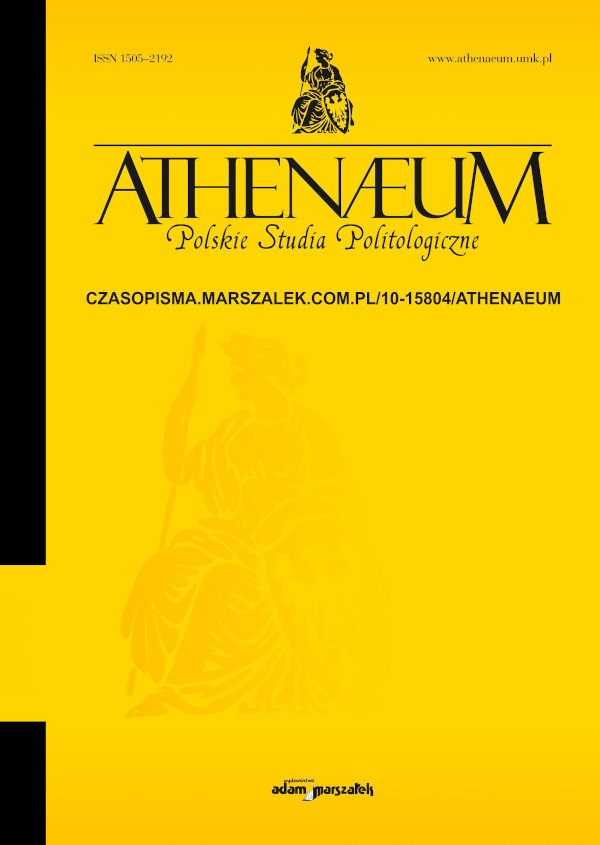Involvement of EU Member States in PESCO Projects: A Comparative Analysis
Involvement of EU Member States in PESCO Projects: A Comparative Analysis
Author(s): Karolina Gawron-Tabor, Rafał WillaSubject(s): Security and defense, Military policy, EU-Approach / EU-Accession / EU-Development, Peace and Conflict Studies
Published by: Wydawnictwo Adam Marszałek
Keywords: PESCO; military security; military cooperation; defense;
Summary/Abstract: The European Economic Community/European Union was born as an economy-oriented organization, which was to facilitate rebuilding of the Old Continent after WWII through extensive cooperation, particularly in trade. However, the appetites of the state leaders were growing along the progress of the integration processes; the economic success was an argument for further integration of the European countries. Due to this, the organization was given the ability to make decisions and influence decision-makers at the national level in subsequent spheres that earlier were the sole prerogative of states. Still, for many years EU members determinedly guarded their competences regarding broadly understood security, predominantly defence. Successive attempts to accelerate integration in this area were not effective enough to develop a real common defence policy. One of the last initiatives, Permanent Structured Cooperation (PESCO), is supposed to help change this situation. It is therefore necessary to pose several questions: What is PESCO? What is EU members’ attitude towards developing this form of cooperation? What does this cooperation look like at the early implementation stages? What factors determine the involvement of the ‘old’ and ‘new’ EU member states? This article is an attempt to answer these questions.
Journal: Athenaeum Polskie Studia Politologiczne
- Issue Year: 79/2023
- Issue No: 1
- Page Range: 21-46
- Page Count: 26
- Language: English

